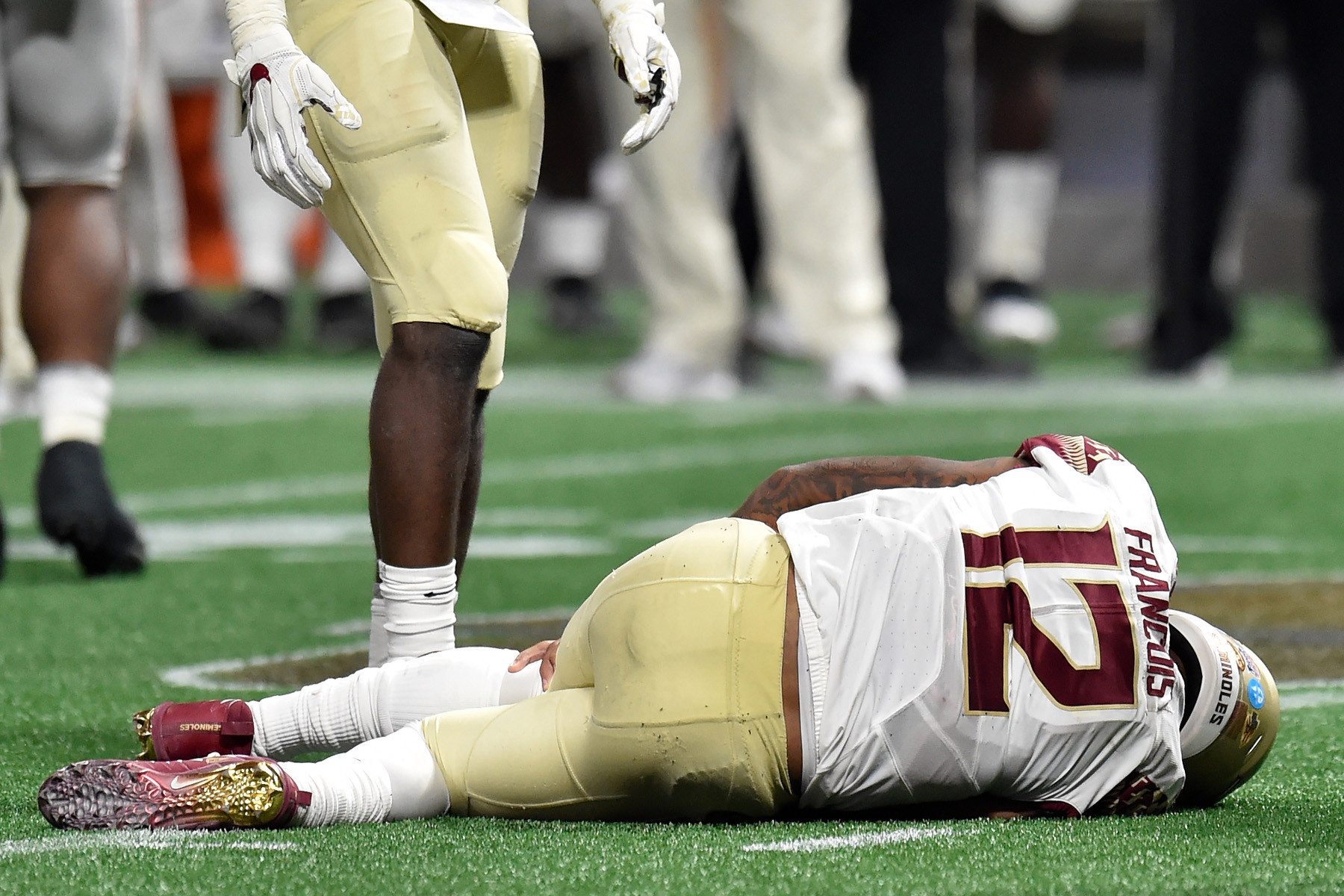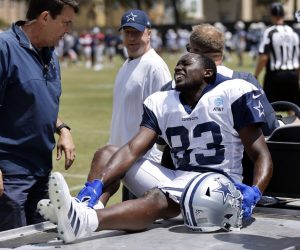The NCAA has decided against requiring football programs to submit standardized injury information across the board, a move that had been considered as a way to help protect against integrity threats related to the spread of legalized sports betting.

The idea of using NFL-style injury reports at the NCAA level was first floated last summer, when athletic directors from the Big Ten Conference brought the concept to the attention of the NCAA Football Oversight Committee.
Reports Reduce Demand for Inside Information
Injury information is often protected by NCAA coaching staffs, as they don’t want to give opponents insight into who may or may not play in an upcoming game. But the NFL has mandated that teams release injury reports since 1946 as a way to ensure that everyone has the same information at the same time.
The fear is that without such reports, gamblers might seek inside information from players, coaches, and team officials to give them an edge in their betting. That could lead to situations where such information is sold on the black market, or worse yet, where gamblers or bookmakers put pressure on individuals to deliver such information to them.
But while such a report might lessen the possibility of those scenarios playing out, the NCAA Board of Governors announced Wednesday that it had determined that it was unviable to make injury reports available across college football.
“The membership has significant concerns about the purpose, parameters, enforcement and effectiveness of a player availability reporting model,†said Board of Governors chairman Michael Drake, who is also president of Ohio State.
HIPPA Could Stifle NCAA Injury Reporting
One major hurdle might be laws and regulations that are designed to protect the privacy of patients and students. In particular, the Health Insurance Portability and Accountability Act (HIPPA) might require players to give permission before any injury could be disclosed to the public, something that would make it impossible to guarantee all injuries were being reported.
In July, SEC commissioner Greg Sankey expressed skepticism over just how much the injury reports would help anyone, saying the NCAA should make sure it is handling the issue correctly before setting up a program.
“I understand the availability report can help people make decisions as they decide to gamble or set lines, but I’m not certain it provides any different circumstance from a communication or seeking information standpoint than what we have no without those reports,†Sankey said. “Until there is a model where we meet and help support the integrity and protect the participants on our side, I’m reluctant to run down that road at the present.â€
The NCAA Board of Governors did make other recommendations related to gambling. It expressed support for the current rules that prohibit athletes and school officials from betting on sports or providing information to individuals associated with sports betting. The board also suggested that more education on gambling should be provided for athletes.











